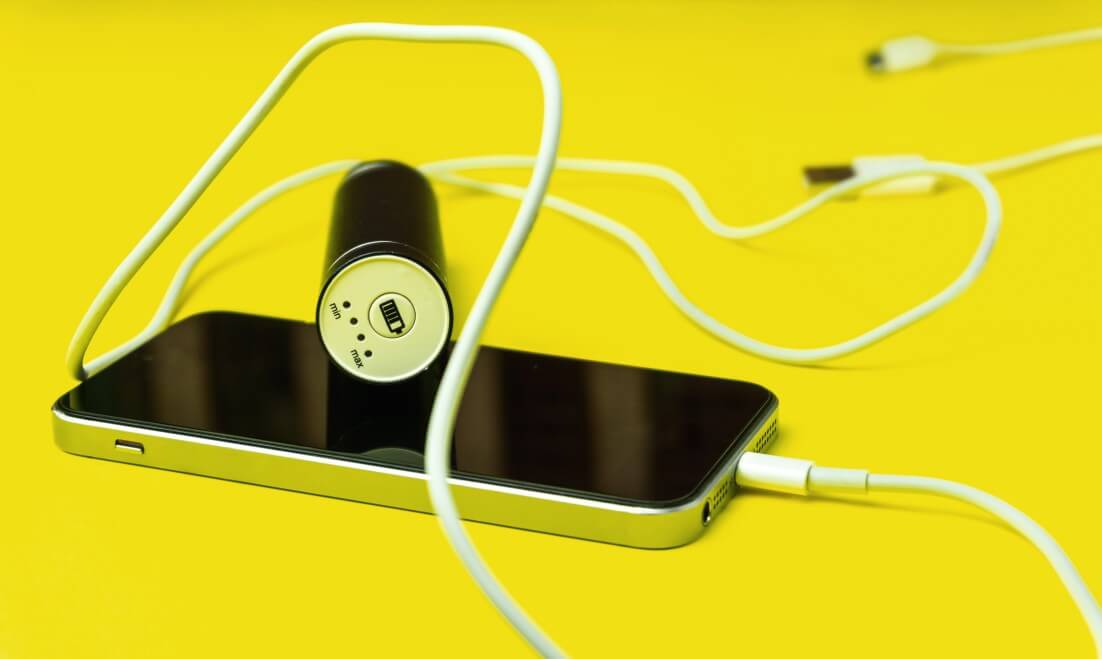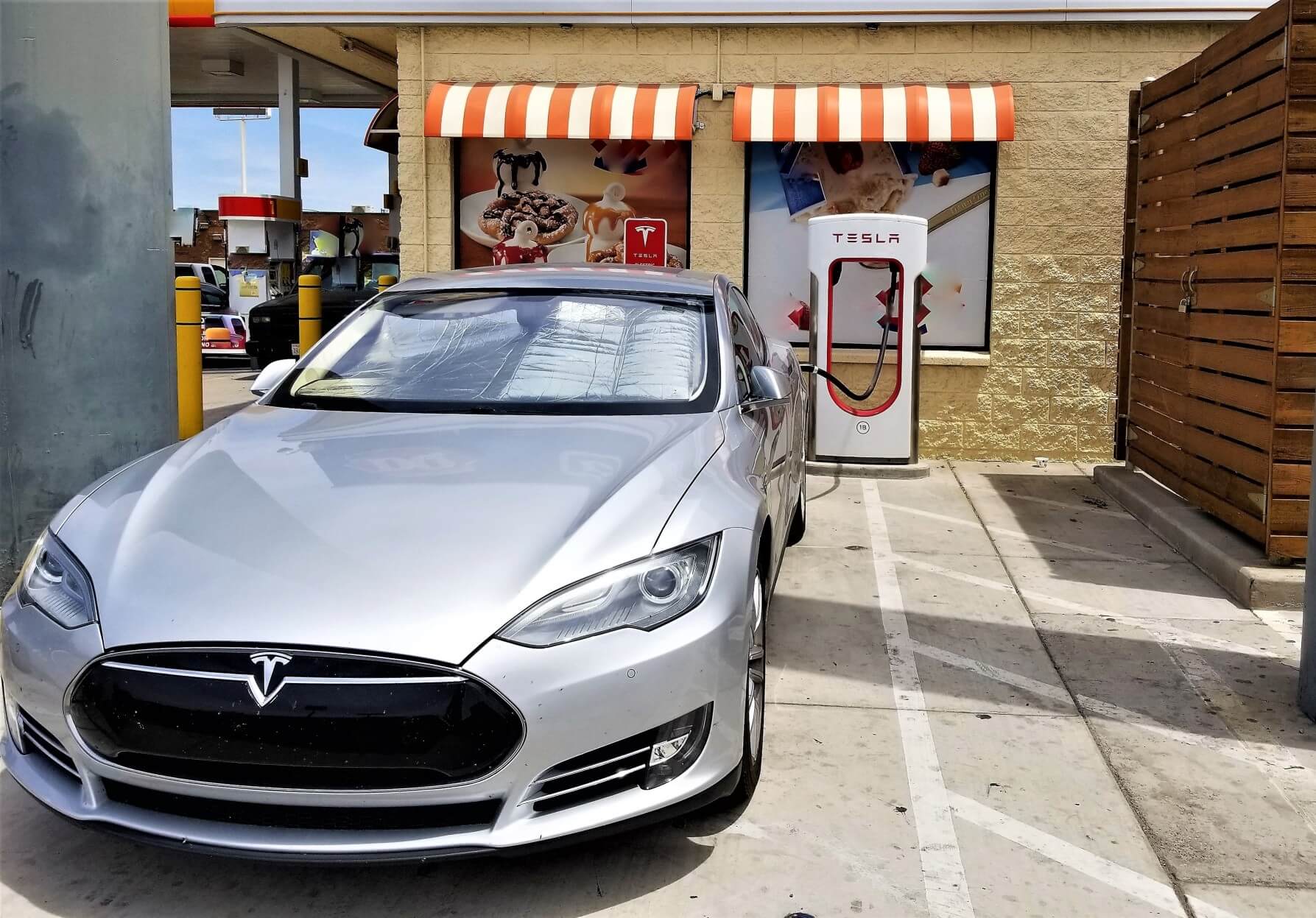
How to Make the Lithium-Ion Battery More Effective
January 6, 2020
The lithium-ion battery is everywhere. Li-Ion batteries are at the heart of so many electrical processes that make our lives easier by powering almost everything that we use daily. From watches to cars, to your mobile and your laptop- these batteries are in just about every electrical device that you can think of. So how can we make the manufacturing process of Lithium-Ion Battery More Effective?
The widespread usability of these batteries is what makes them so important for an international community that is attempting to move away from carbon-based solutions for fuel consumption. Electric cars and solar energy are the core focuses of this green movement, and what is at the heart of those? The Lithium-Ion battery.
The practicality of the Li-Ion battery is clear to see. There is scalability to them that means they can be used in a whole host of applications and industries. From large to small, for long life and for being rechargeable- the plethora of ways in which this battery can be used to ensure that the manufacturing within this industry should be made as pain-free and seamless as possible.
WHY ARE THEY SO IMPORTANT?
In short, the lithium battery is one of the most important pieces of technology of the last 30 years- and it hasn’t even reached it’s fullest potential. So much of our day to day lives in this modern age is made possible through the development of this small, lightweight and long-lasting battery that’s used to power everything from computers and phones to electric cars and the storage of energy from solar panels.
This importance is only catalysed by a global recognition of, and the cultural shift towards finding and developing clean, renewable energy. Between 2008 and 2018, the UK’s dependency on fossil fuels dropped from 91.2% to 79.4%. This is a comparatively seismic shift considering that in the 38 years preceding 2008, there was only a 5.3% reduction in this dependence.
It’s not just the shift away from fossil fuels that magnifies the importance of the lithium-ion battery. An exponentially growing list of technological developments for a plethora of applications is ensuring that this power source is not going anywhere. Production, longevity and quality have to meet the world’s demands for these batteries.

WHAT ISSUES ARE FACED IN PRODUCTION?
There’s one primary issue that must be faced and overcome within Li-Ion battery production, and that is the ambient conditions. This is a case where extremely specific, tightly controlled conditions are needed.
“Exposure of the battery tab to humid conditions during storage greatly affects the self-discharge properties of LIBs”
It’s not just storage in which Li-Ion batteries can be affected. The manufacturing process requires a relative humidity level of less than 0.5%. When some of the naturally driest places on earth can’t reach a level like that, the primary issue becomes clear. We can’t make these batteries without a perfectly controlled environment.
In order to get Li-Ion batteries to function correctly in both the long and short term, manufactured environmental conditions need to be created and maintained.
WHAT’S THE SOLUTION?
In the age-old question of how to create an ideal, perfectly sustained environment- free of humidity and any ambient conditions. An answer emerges, and its name is desiccant dehumidification.
Creating dew points as low as -600C dp that need to be achieved, (the equivalent of less than 0.5% relative humidity at 250C) to keep the lithium stable is no simple task. The aim is to work alongside heating and cooling systems and assure close tolerance control through the utilization of high volume flow rates and usually laminar flow across the room.
The bottom line of these requirements is the creation of a system that will create ideal tolerances and control over your environment that can reach and maintain dew points lower than -70 °C. By incorporating a bespoke desiccant dehumidification system into your production process, you can ensure a lower capital investment over time which will allow you the time to focus on design and technology at play.
CONCLUSION
Creating Li-Ion batteries should be a simple process where the primary concerns are in making the batteries themselves more effective, longer-lasting and more efficient. Worrying about corrosion is a waste of time in an industry that is continually revolutionising the electronics industry and should continue to do so for many years to come.
For more information on how Dehum can help with your Lithium-Ion battery production, please visit http://dehum.com/applications/battery-manufacture/ or call us on 01926 882624.
For over twenty-one years, Dehum (Sorption Wheel Services Limited) has been a major supplier of humidity control systems. We are a true Engineering Company, designing, supplying and coordinating installations of equipment alongside complimentary services. Our global client list spans across all industries, including food & drink, pharmaceutical, nuclear, automotive, aviation, chemical processing, ice prevention/cold storage, car storage and archives.









